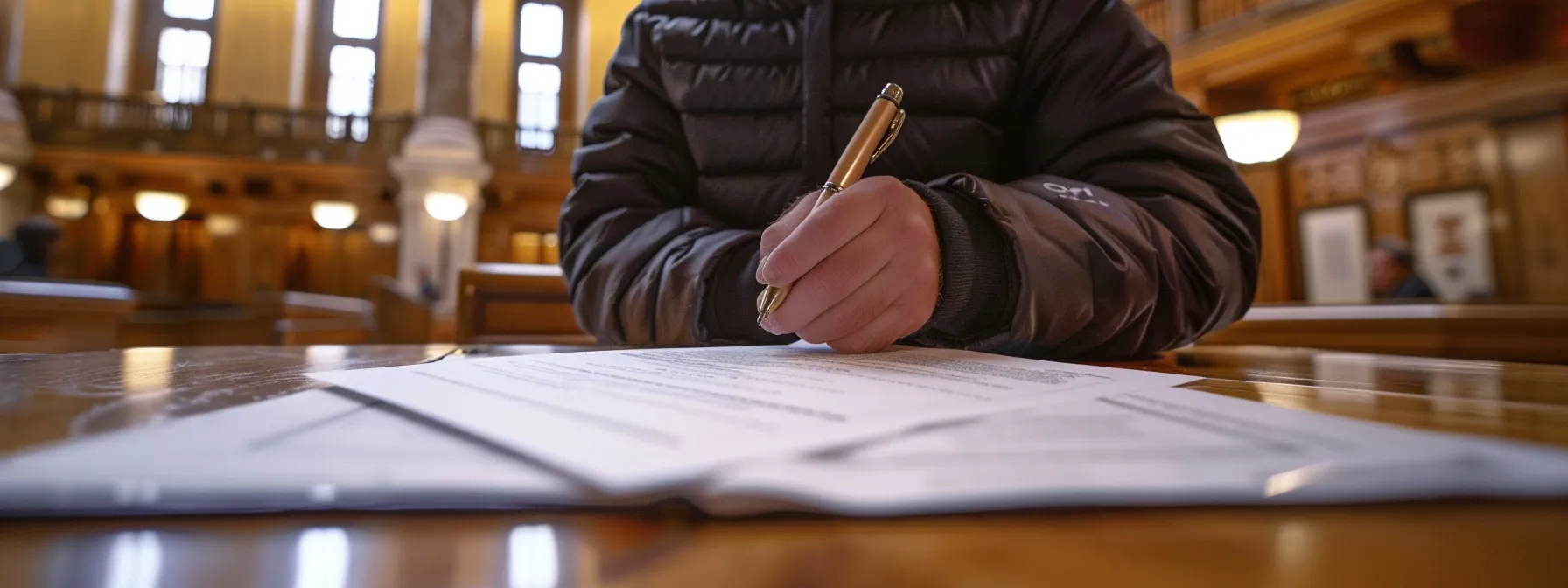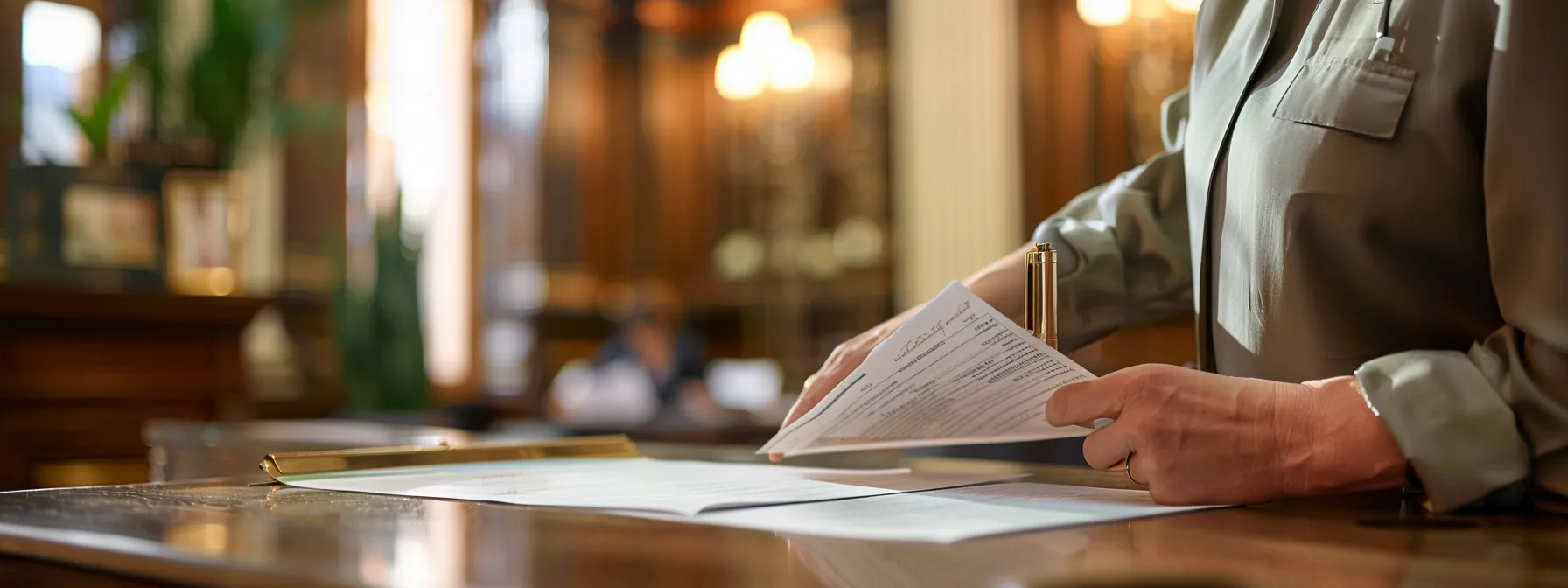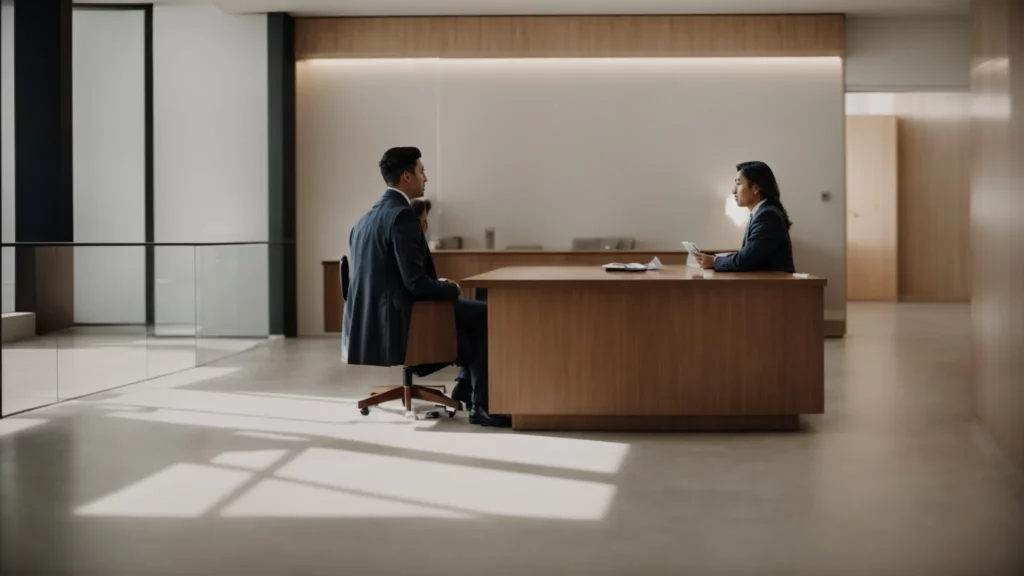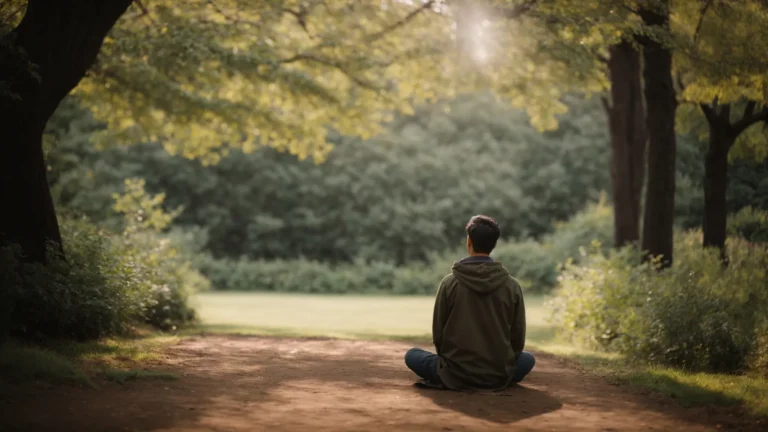Navigating the Legal Process of Sealing Your Records in Arizona
Sealing a criminal record in Arizona is a crucial step for many individuals seeking a fresh start and a chance to move on from past mistakes. This legal procedure can significantly enhance one’s ability to find employment, secure housing, and access educational opportunities without the burden of a criminal history overshadowing every application and interview. In Arizona, the law provides specific provisions under which individuals can petition the court to have their records sealed, which, if granted, effectively conceals them from public view. Understanding these legal paths and meeting the necessary criteria are essential to achieving this outcome. Keep reading to delve into the details of how the process works and what you need to know to clear your name in Arizona.
Understanding the Basics of Sealing Records in Arizona

The concept of sealing records in Arizona is grounded in the state’s recognition of an individual’s right to privacy and the notion that people deserve a second chance. Essentially, sealing a record means that it is hidden from the general public and most background checks. However, it’s important to note that sealed records are not destroyed or completely erased; certain government agencies may still have access to these records under specific circumstances.
The process for sealing records in Arizona recently underwent significant changes that now offer more individuals the opportunity to petition the court. Previously known as “setting aside” a conviction, the legal procedure has evolved to more closely align with the concept of sealing seen in other states. This makes it even more critical for interested individuals to understand the current laws and their implications.
One of the fundamental steps in sealing a record involves filing a petition with the court that originally handled the case. This petition must contain precise details and a compelling argument as to why the record should be sealed. It needs to address any concerns regarding public safety and demonstrate the petitioner’s rehabilitation since the time of the offense.
The rights and social opportunities that come once records are sealed highlight the importance of this legal avenue. Successful petitioners find that many doors previously closed due to their criminal records are now open, allowing for a fuller participation in society. Engaging with the legal aid or professional assistance, such as the services offered by sealing of records, can greatly enhance an applicant’s chances of success in this process.
Eligibility Criteria for Record Sealing in Arizona

To be eligible for record sealing in Arizona, an individual must meet specific requirements set by the state. The nature of the offense plays a critical role in determining eligibility; some serious crimes, such as violent felonies or sexual offenses, may not qualify for sealing. Each case is unique, and examining the specifics of your record is the first step in assessing eligibility.
Another key factor is the amount of time that has passed since the completion of the sentence. A designated waiting period must be observed before a petition can be filed, and this period is dependent on the severity of the offense. For example, a longer waiting period may be required for a felony conviction than for a misdemeanor.
The petitioner’s behavior post-conviction is also scrutinized during the eligibility assessment. The court will evaluate whether the individual has maintained a clean record, complied with all the terms of their sentence, and taken steps towards rehabilitation. A demonstrated effort to make amends and build a positive community presence can significantly influence the court’s decision.
Finally, the application must not have any pending criminal charges or be on probation for any other offenses. Clear evidence of these eligibility criteria needs to be provided within the petition to improve the chances of a positive outcome. Completing this phase successfully sets the path for engaging in the actual record sealing process.
Step-by-Step Guide to the Arizona Record Sealing Process

The first step in the Arizona record sealing process is to gather all necessary documents related to the conviction. This includes court records, sentencing details, and any relevant case numbers. Next, obtaining a set of fingerprints, typically required for the petition, is essential as it allows for proper identification and record matching.
Following document collection, the petitioner drafts the formal petition to seal the record, which can be a complex legal document. It is advisable to seek legal advice or assistance from attorneys experienced in Arizona’s record sealing procedures to ensure that the petition is completed correctly and presents a compelling case for sealing.
Once the petition is prepared, it must be filed with the court. This involves submitting the document along with any filing fees, and serving copies to the prosecuting office and potentially other involved parties. The court then sets a hearing date, where the petitioner may be required to argue their case for sealing records before a judge.
After the hearing, if the judge decides in favor of the petitioner, an order to seal the records is issued. This order instructs various agencies, including law enforcement and court clerks, to seal the records accordingly. It’s essential to follow up with these agencies to ensure compliance with the order, completing the sealing process.
Common Challenges and How to Overcome Them When Sealing Your Records

Individuals seeking to seal their records may encounter several challenges throughout the process, starting with the complexity of legal procedures. Misunderstanding the intricacies of the law and failing to provide necessary documentation can result in a petition being denied. Support from legal professionals experienced with record sealing often helps circumvent these technical pitfalls.
Another common issue is dealing with the stigma of a criminal record, which can be daunting when faced with the possibility of public hearings. Preparing mentally and emotionally for these proceedings, as well as having strong legal representation, can mitigate these concerns. The petitioner has to address any reticence from the court or prosecution by presenting clear evidence of rehabilitation and a crime-free life.
Additionally, the timeline for sealing records can be unpredictable and protracted, which calls for patience and diligent follow-through. Monitoring the progress of the petition and maintaining communication with the court and legal advisors ensures that the petitioner is aware of any developments or additional requirements.
A lack of financial resources to cover legal fees and court costs can also be a barrier. Some individuals may qualify for fee waivers, and different organizations may offer pro bono services. It’s important to explore all available options, including nonprofit and community legal resources, to overcome this challenge.
The Long-Term Benefits of Having Your Records Sealed in Arizona

The advantages of sealing a criminal record are far-reaching and can dramatically alter an individual’s life trajectory. A sealed record can break down barriers to employment, as many employers conduct background checks that will no longer disclose sealed convictions. This facilitates career advancement and enhances earning potential.
Beyond the professional realm, having a record sealed can also positively impact personal and social aspects of life. It becomes easier to secure housing, apply for educational programs, and qualify for loans or other forms of financial assistance. The stigma of a criminal past dissipates, leading to greater confidence and societal inclusion.
For parents and caregivers, sealing records offers an additional layer of reassurance. It ensures that past mistakes do not hinder one’s capacity to provide for their family or play an active role in their children’s lives. The ripple effect of a sealed record can thus benefit familial relationships and overall community standing.
The peace of mind that comes with knowing one’s past does not have to dictate their future is perhaps the most profound benefit. Being able to move beyond past transgressions opens the door to a new life, characterized by opportunity and the freedom to define oneself anew. The positive implications for mental health and overall well-being are immeasurable.
Overall, the path to sealing a criminal record in Arizona is a journey that requires legal knowledge, patience, and sometimes the support of experts. Successfully navigating this process can usher in a new chapter of opportunities unhindered by a criminal past. It represents not just the sealing of records, but the opening of doors to a brighter future.




